

How The Law Works With Regard To Medical Marijuana
For many Canadians, access to medical marijuana once felt uncertain and heavily restricted. Only a small number of doctors were willing to prescribe cannabis, and patients faced complex paperwork just to get authorized. Over the years, however, Canada’s medical cannabis system has evolved through several stages of regulation—each one improving patient access, safety, and oversight.
It began with the Marihuana Medical Access Regulations (MMAR) in 2001, which first allowed patients to use and cultivate cannabis for medical purposes. This framework was replaced by the Marihuana for Medical Purposes Regulations (MMPR) in 2013, which introduced licensed producers as the legal source for medical cannabis. Later, in 2016, Health Canada implemented the Access to Cannabis for Medical Purposes Regulations (ACMPR), combining the benefits of both previous systems by allowing patients to either purchase cannabis from a licensed producer or grow their own plants under authorization.
When the Cannabis Act came into effect in 2018, it unified all of these earlier regulations under one modern, federally controlled system. The Cannabis Act works alongside the Controlled Drugs and Substances Act, giving Health Canada full oversight of medical cannabis authorization, production, and compliance. Provincial governments manage retail and distribution for recreational cannabis, while Health Canada continues to oversee medical access and patient registration nationwide.
Through the Cannabis Act, patients can still apply for a Personal Grow Licence (formerly ACMPR licence) to grow their own cannabis plants based on the daily dosage prescribed by their doctor. This authorization—sometimes referred to as a Medical Cannabis Grow Licence or Medical Marijuana Grow Licence—ensures that individuals can produce their medicine legally, safely, and within Health Canada’s guidelines.
To qualify, you’ll need a valid government-issued ID, proof of residency, and a medical document signed by a licensed healthcare practitioner. Doctors do not assist with cultivation; they simply authorize medical cannabis use. Cannabis patient educators and trained marijuana doctors can help you navigate the registration process and connect you with licensed professionals for cultivation guidance.
Veterans managing PTSD or chronic pain also benefit from compassionate support through GrowVets, where services like Health Canada registration and grow licence applications are provided free of charge.
As a trusted medical cannabis clinic in Toronto, GrowLegally continues to help patients across Canada understand their rights and stay compliant with Health Canada’s evolving regulations. If you’re exploring how to get a medical marijuana card in Ontario or applying for a medical cannabis grow licence, we’re here to guide you every step of the way.
Medical vs. Recreational Cannabis Rules in Canada
- Possession Limits
- Medical: Patients may possess up to the lesser of a 30-day supply or 150 grams of dried cannabis (or equivalent) as authorized by their healthcare practitioner.
- Recreational: Adults 18 + (19 + in most provinces) can possess up to 30 grams of dried cannabis (or equivalent) in public.
- Sale Restrictions
- Medical: Only Health Canada–licensed producers can sell directly to registered medical patients by mail or online order.
- Recreational: Cannabis is sold through provincially licensed retail storefronts and official government-operated online stores. Retailers are prohibited from giving medical advice or issuing prescriptions.
- Mailing & Shipping
- Medical: Patients may receive cannabis by secure, trackable mail from a licensed producer. Packaging must meet Health Canada’s labelling and safety standards.
- Recreational: Adults may send or receive cannabis within Canada by mail as a gift, provided it was legally purchased, the quantity does not exceed 30 grams, and it’s shipped according to Canada Post regulations. Selling, exporting, or mailing cannabis on behalf of an unlicensed source is strictly prohibited.
- Travel Within Canada & Abroad
- Within Canada: Both medical and recreational users may travel domestically with cannabis within their possession limits, stored securely in sealed packaging. Medical patients should carry their medical authorization or Health Canada registration certificate while travelling.
- International Travel: Carrying cannabis across borders is generally prohibited. However, medical patients may apply for exemptions or permits from Health Canada and the destination country’s medical authority in exceptional cases (for example, travel to Jamaica with a recognized medical cannabis permit).
- Gift & Sharing Limits
- Medical: Cannabis obtained or grown under a medical authorization is for the patient’s personal medical use only and cannot be shared, gifted, or sold.
- Recreational: Adults may gift up to 30 grams of dried cannabis (or equivalent) to another adult without payment, either in person or by mail within Canada. Selling or trading cannabis without authorization remains illegal.
- Plant Limits
- Medical: Patients with a Personal Grow Licence (formerly ACMPR) may grow cannabis at home. Health Canada determines the number of plants based on daily dosage—typically five indoor or two outdoor plants per gram authorized per day.
- Recreational: Each household (not each individual) may grow up to four cannabis plants for non-medical use, regardless of the number of adults living there.
Previous Post
Next Post

Storing Medical Cannabis – Learn how to properly store your cannabis and keep its potency strong.
Go To Post
Before Acquiring Medical Marijuana, Here Are 2 Questions That Your Doctor Is Likely To Ask You (Plus a Bonus One!)
Go To Post

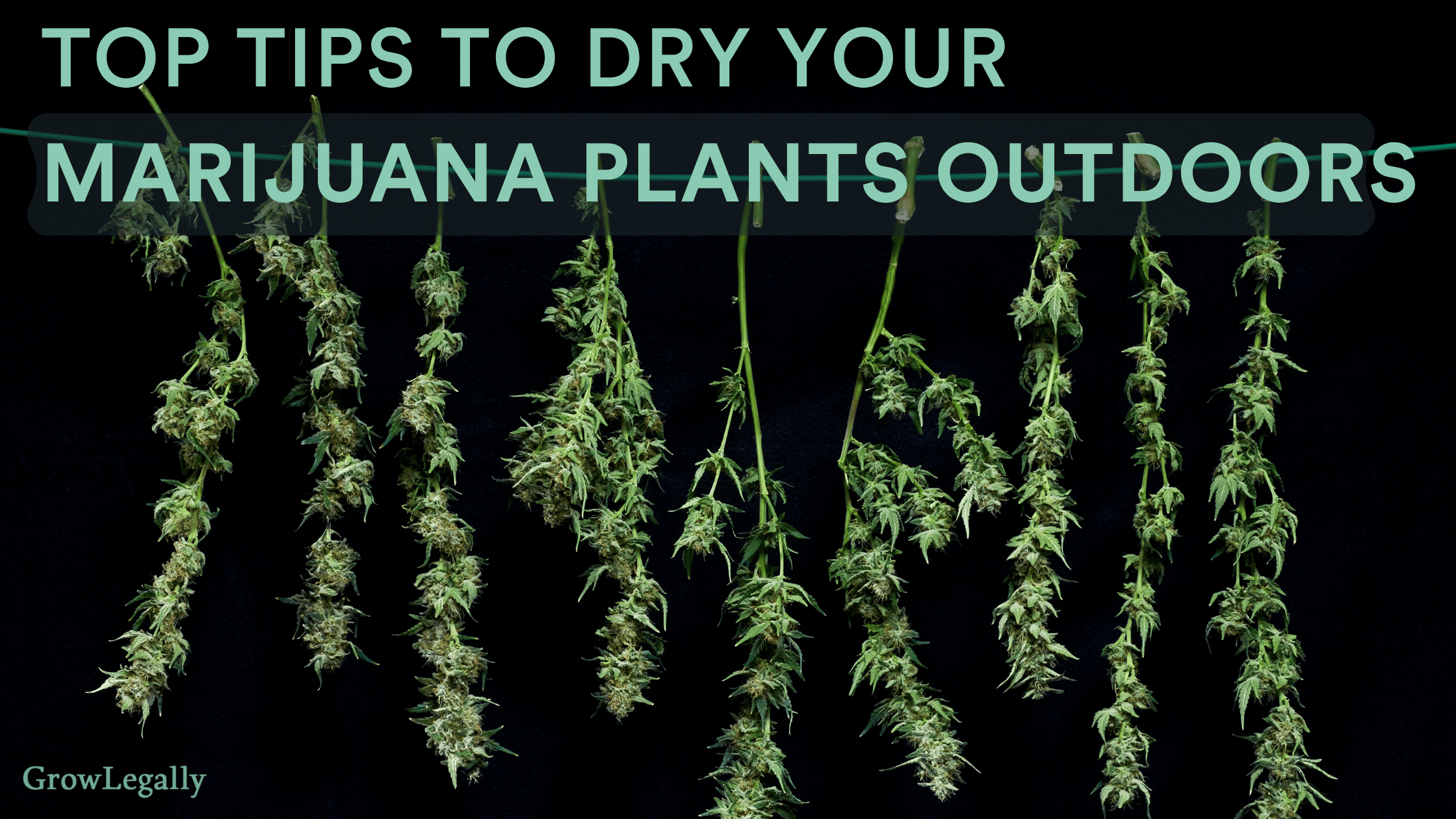

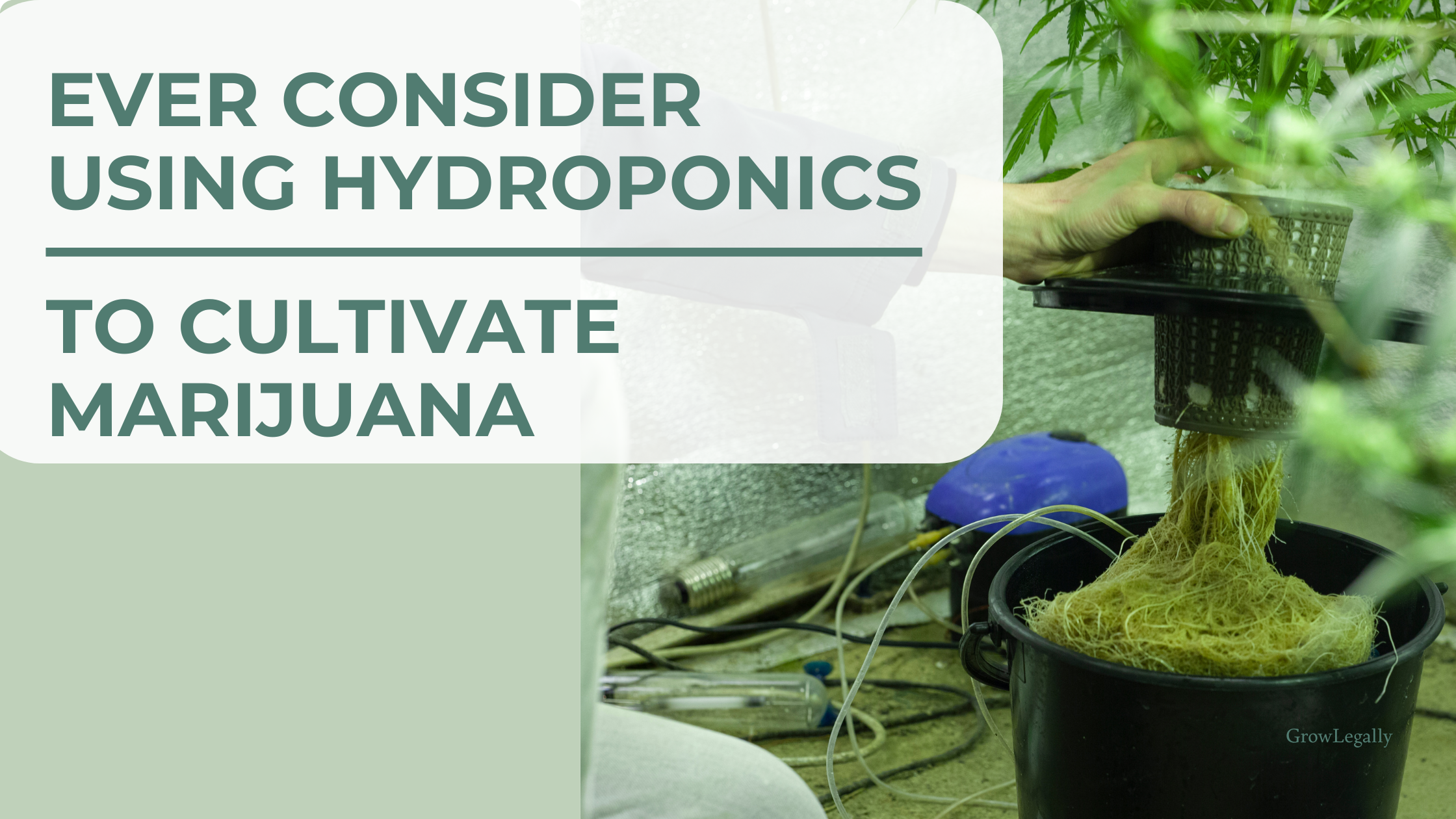
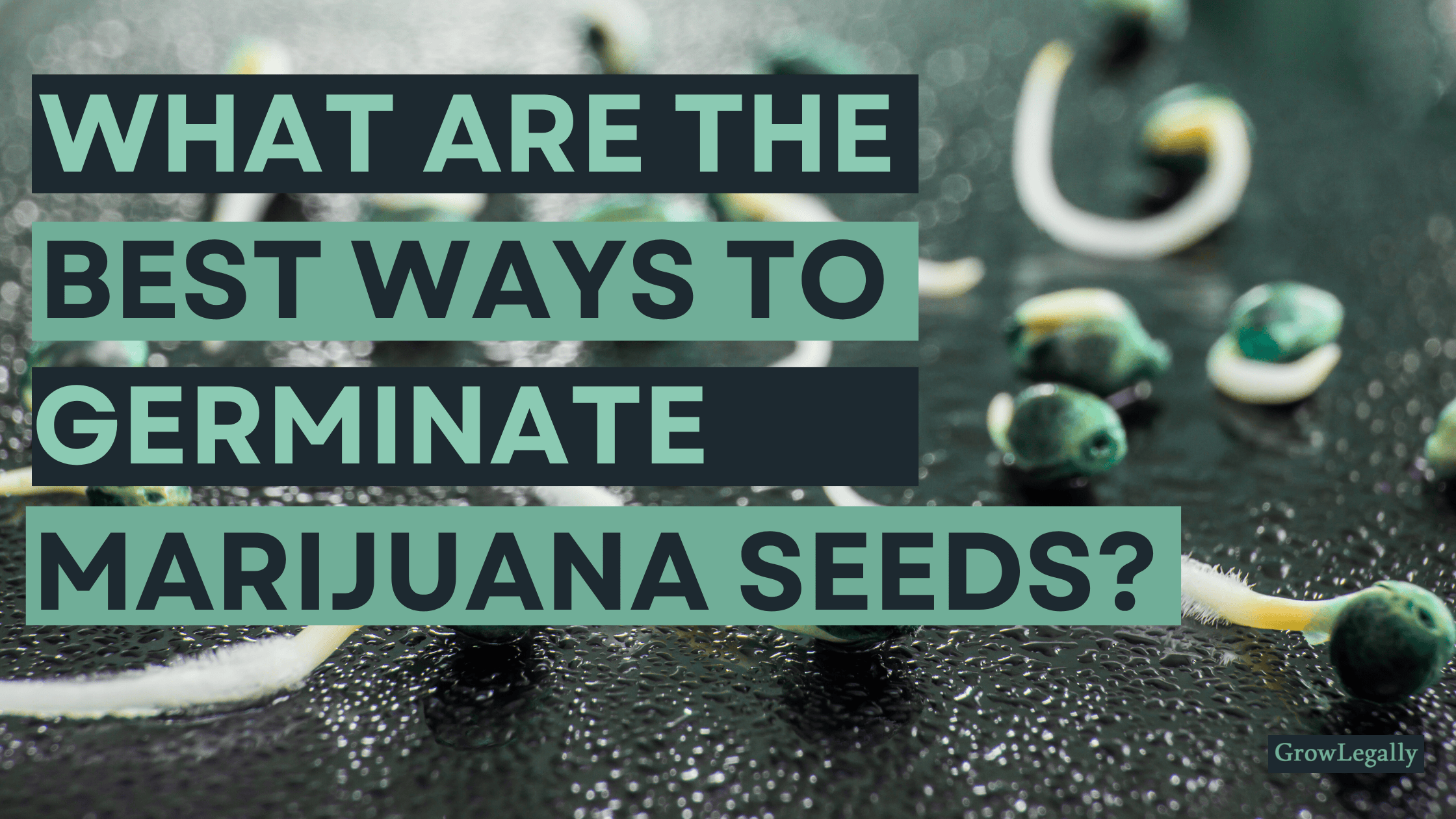
.png)
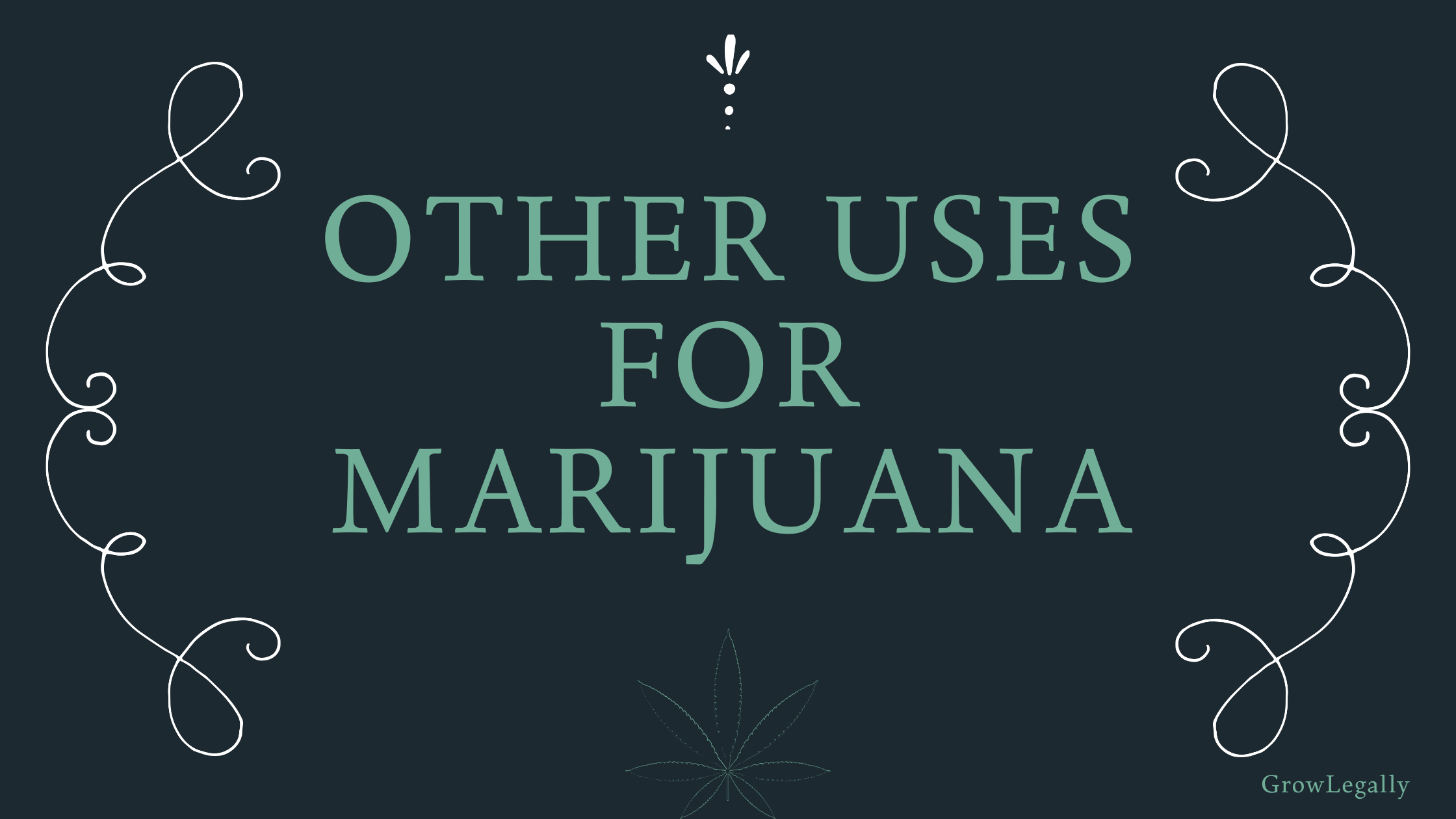
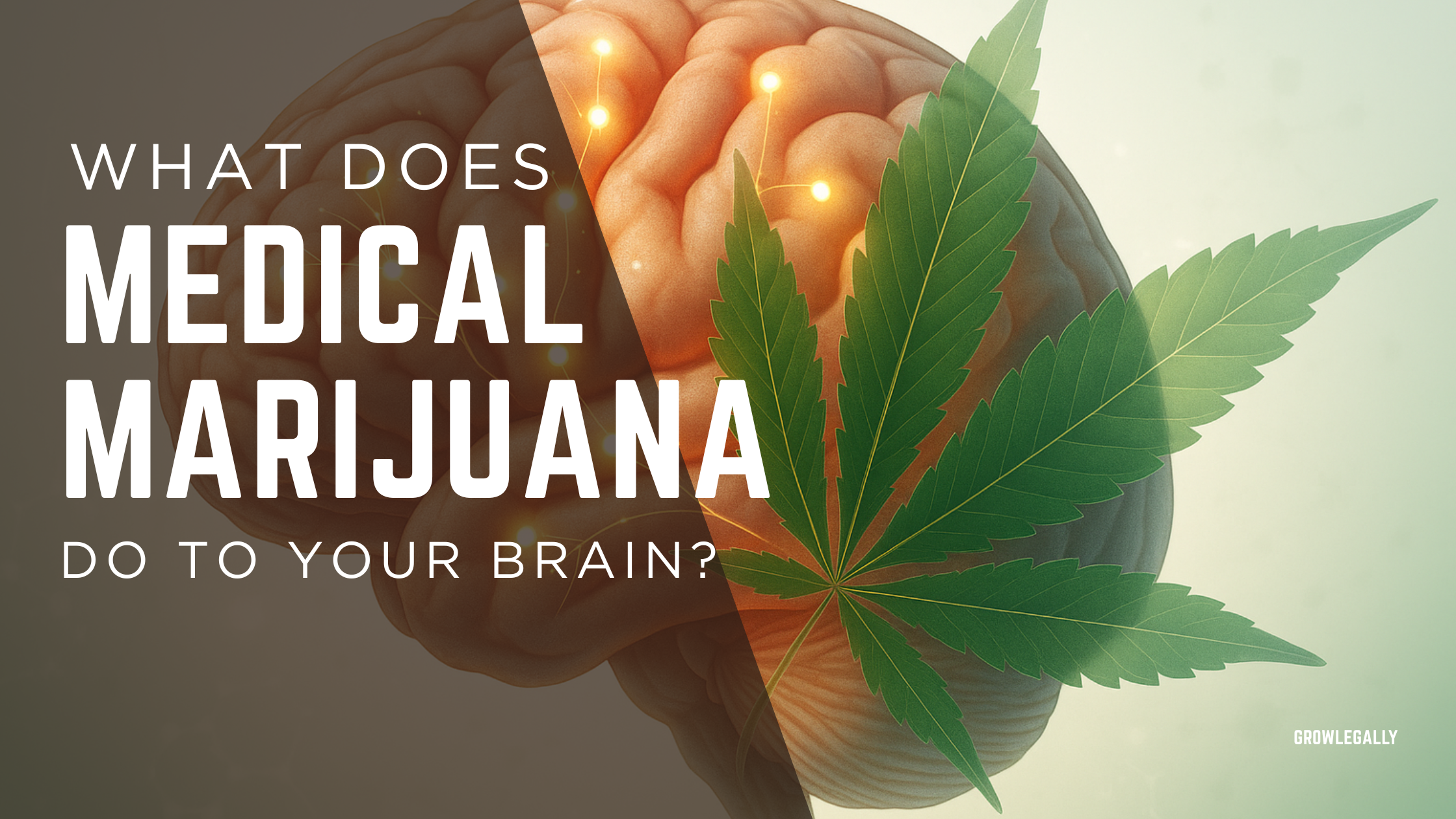
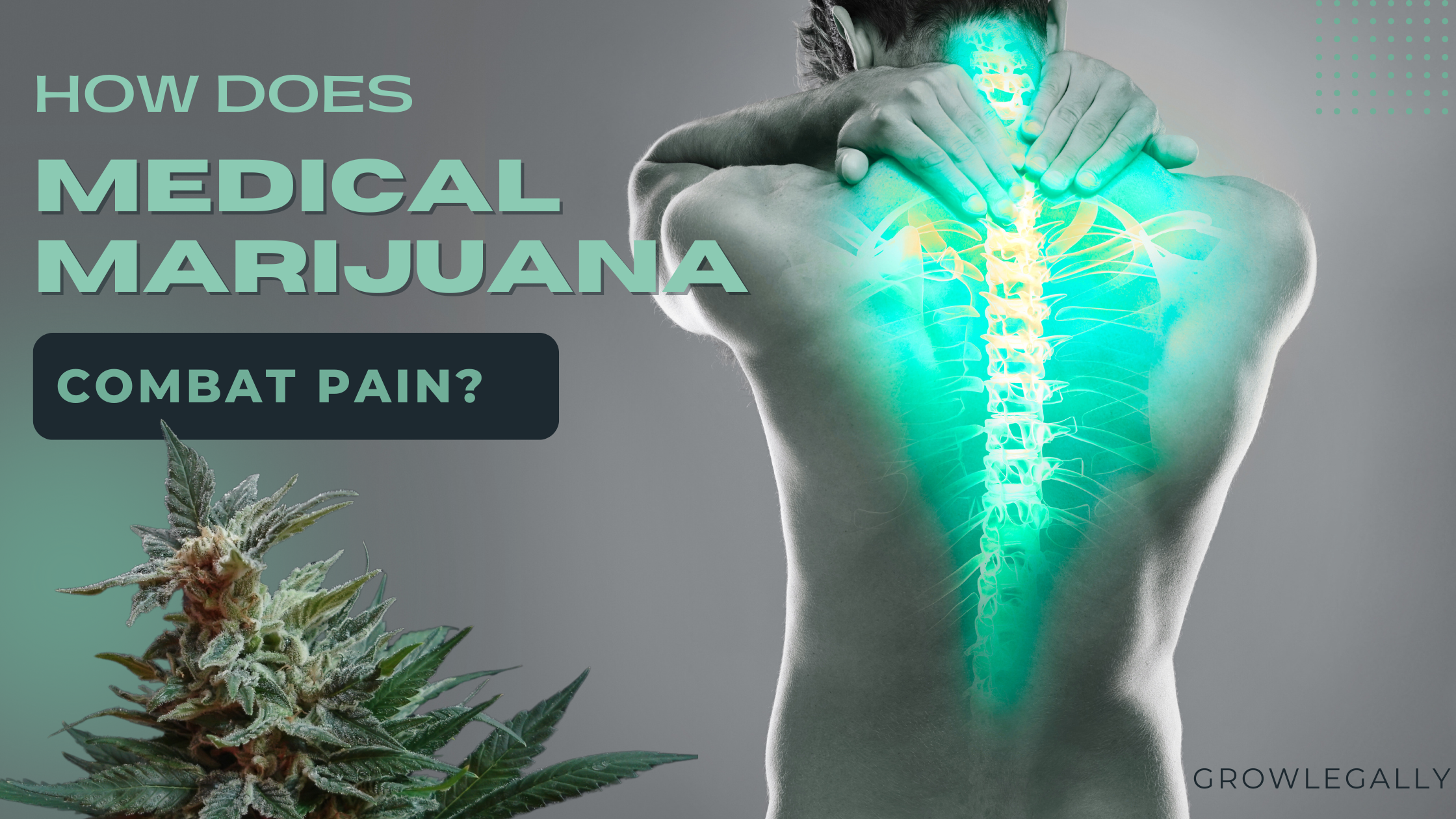
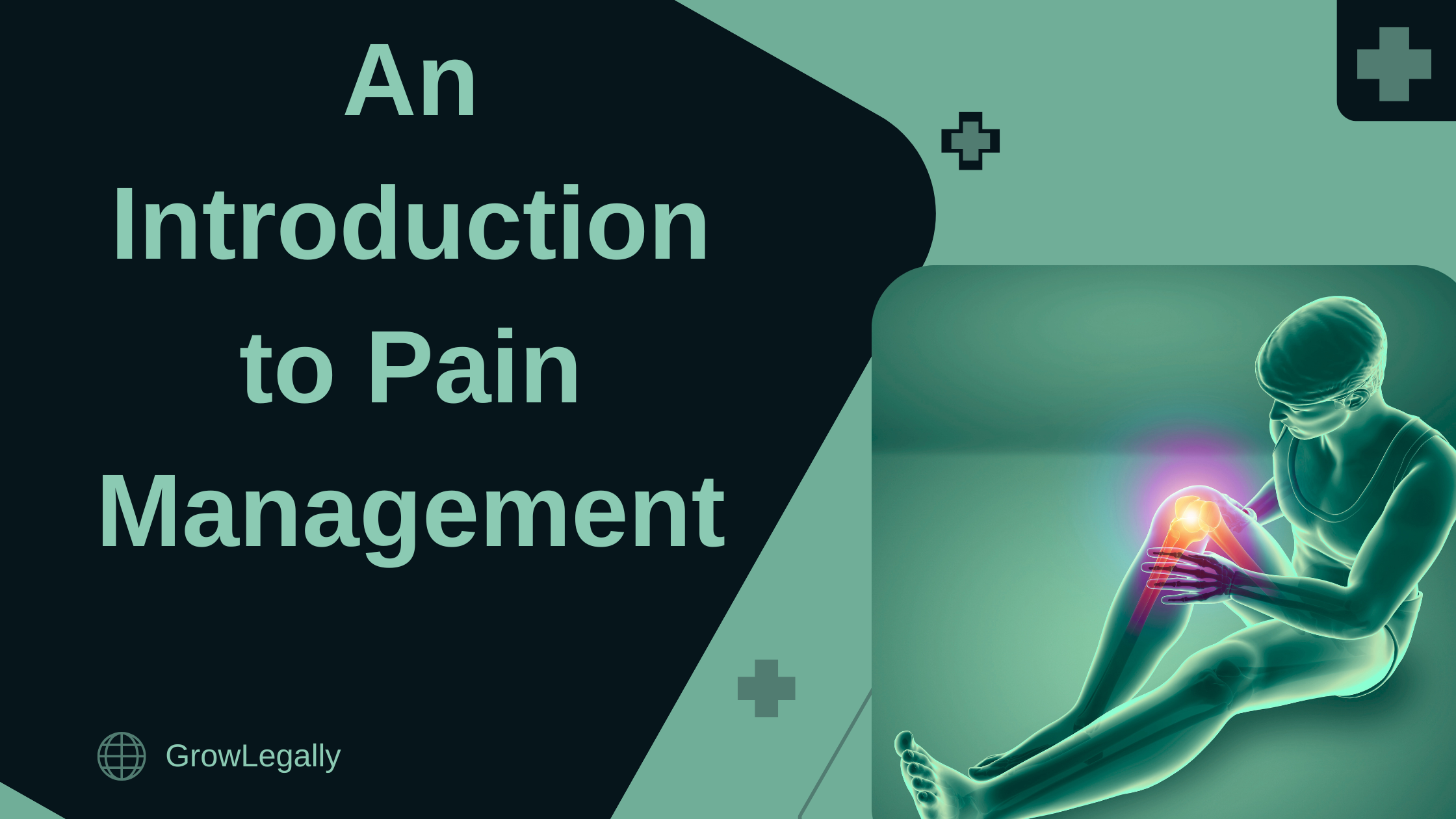

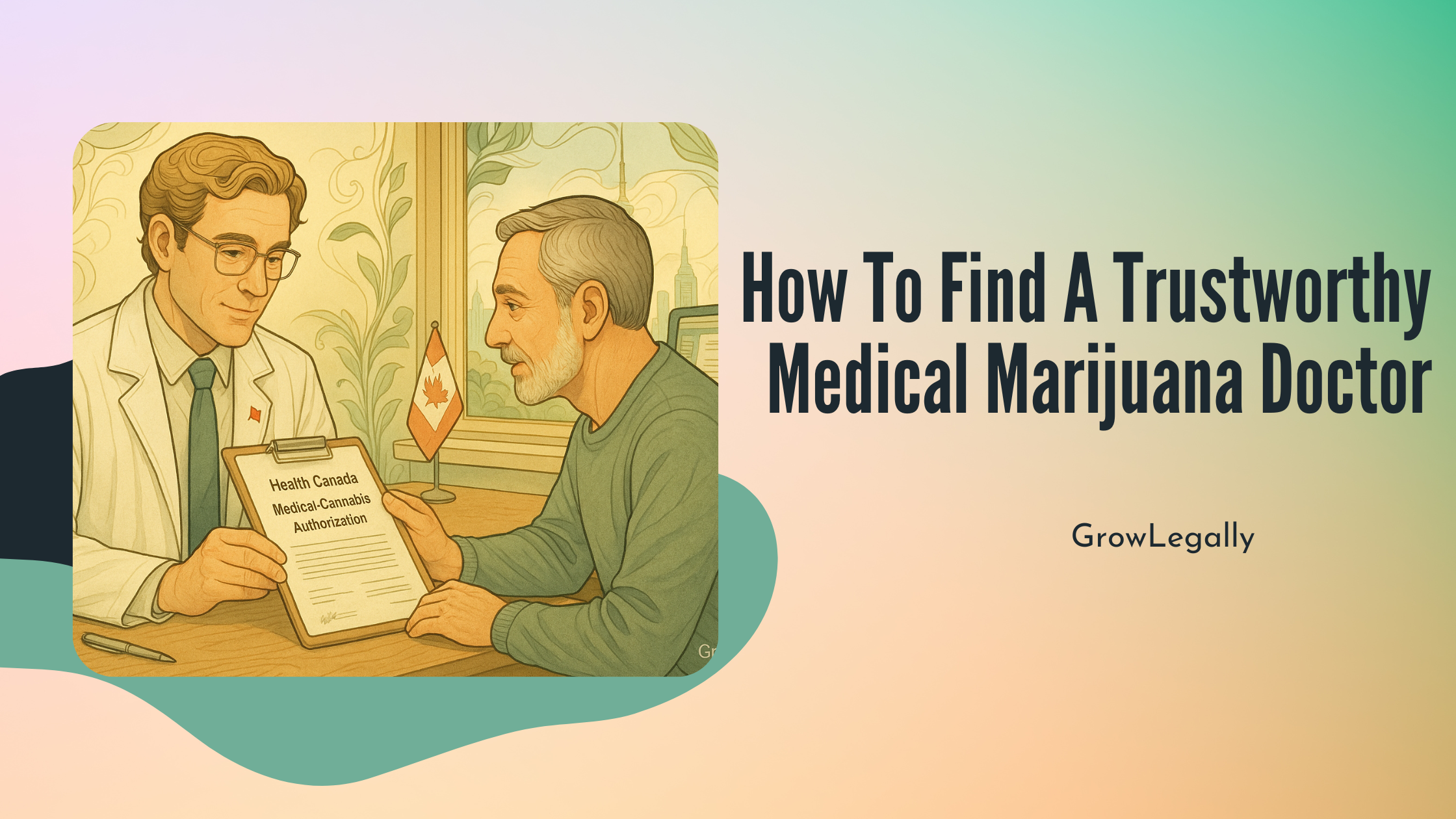
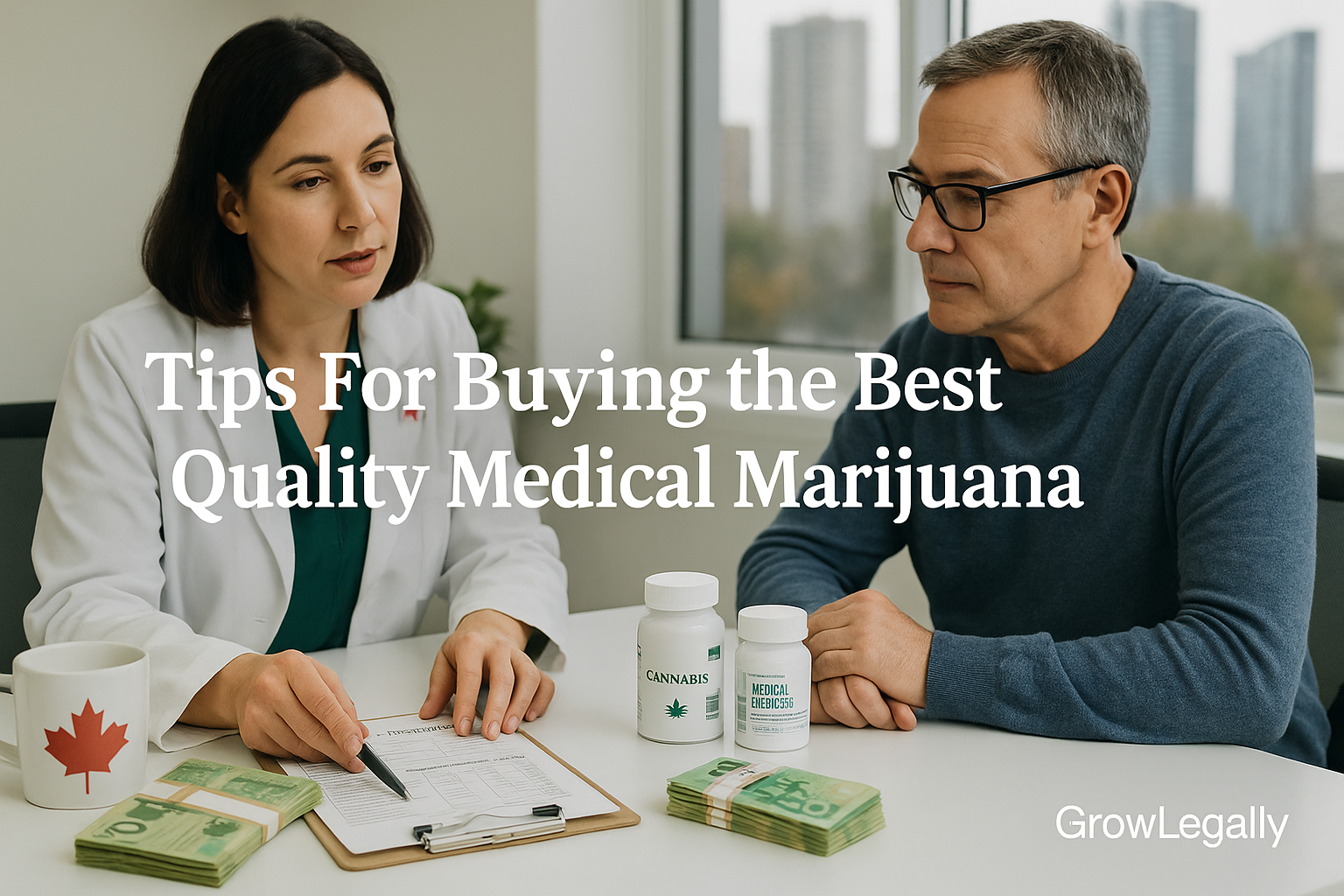
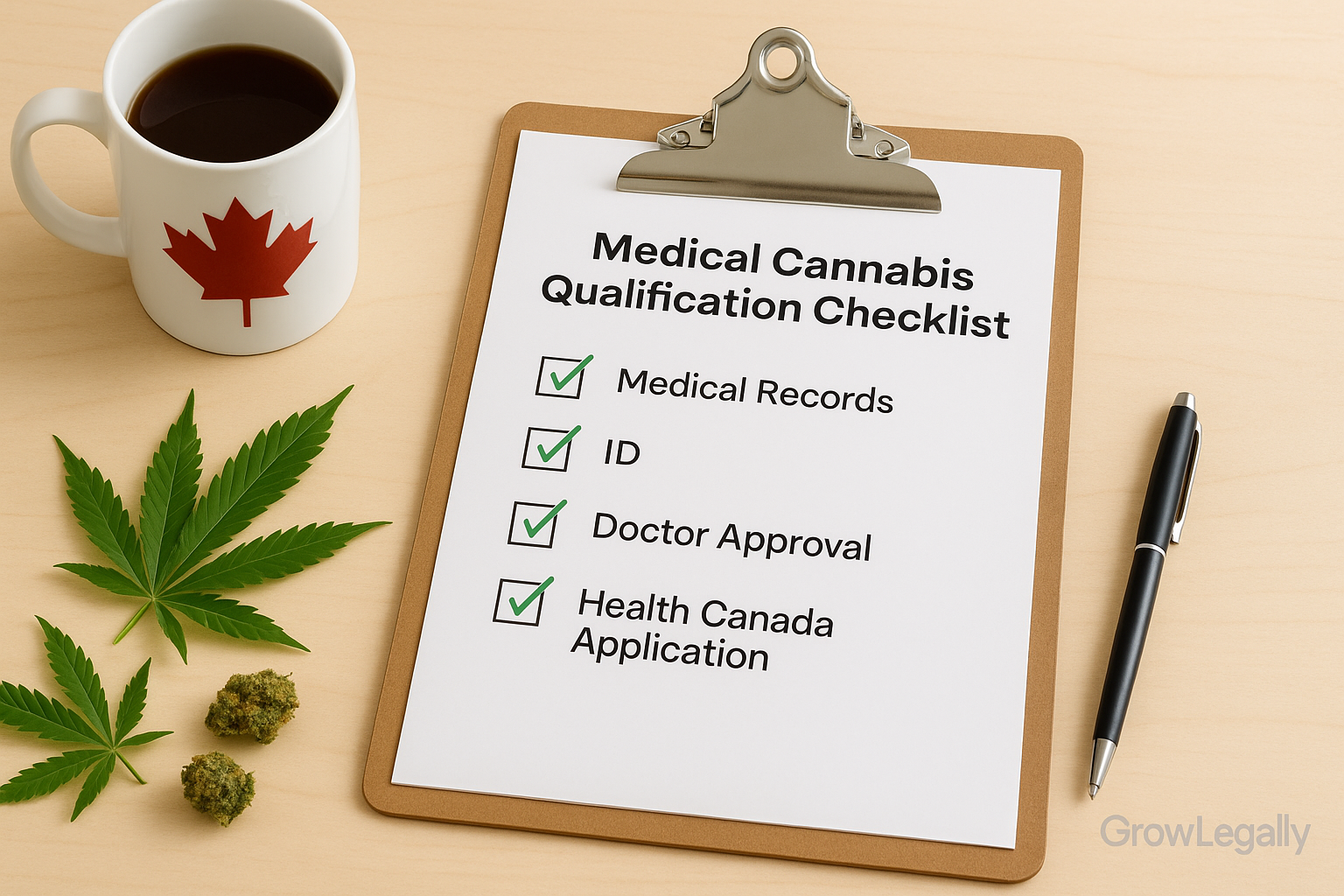
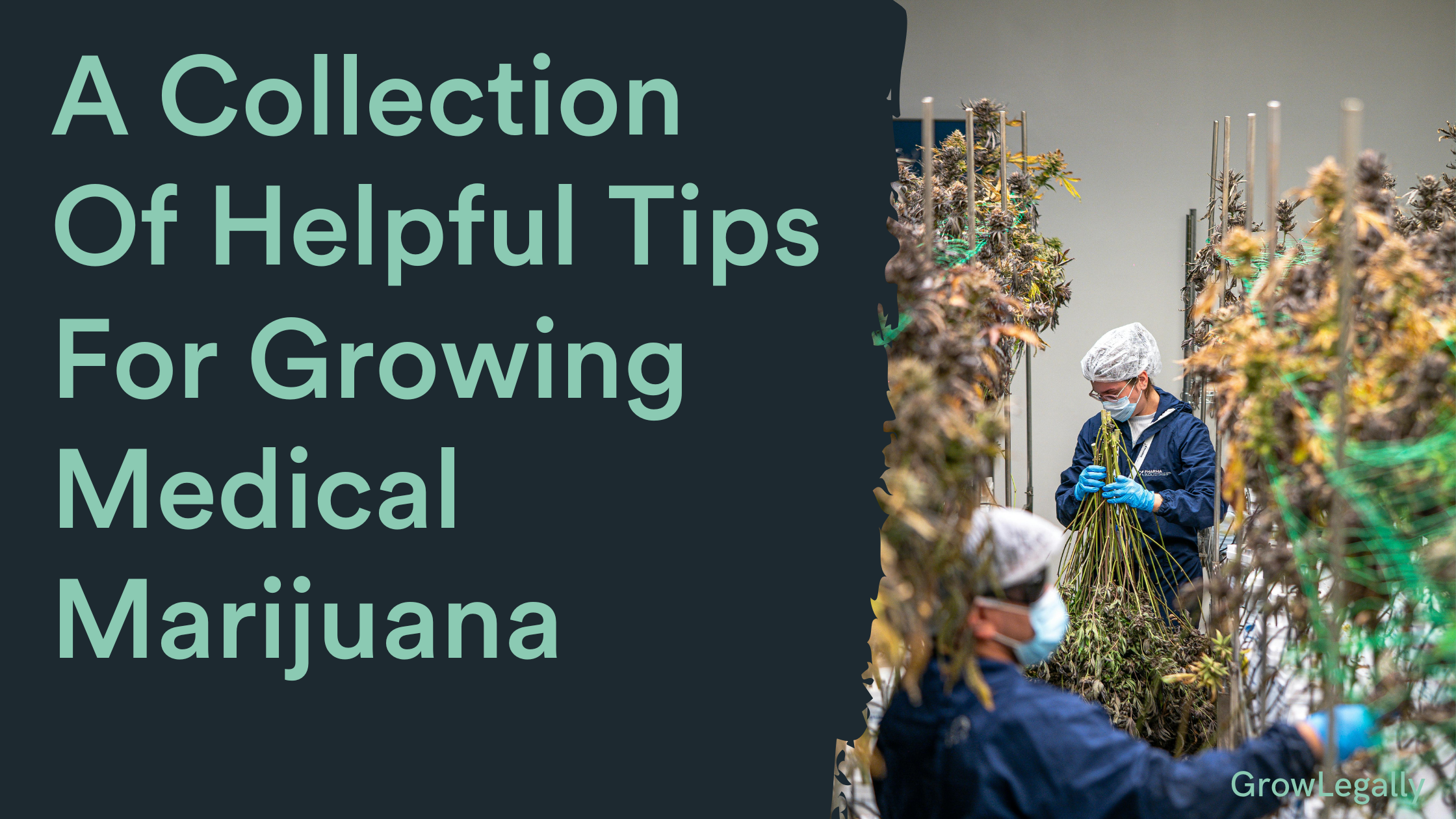
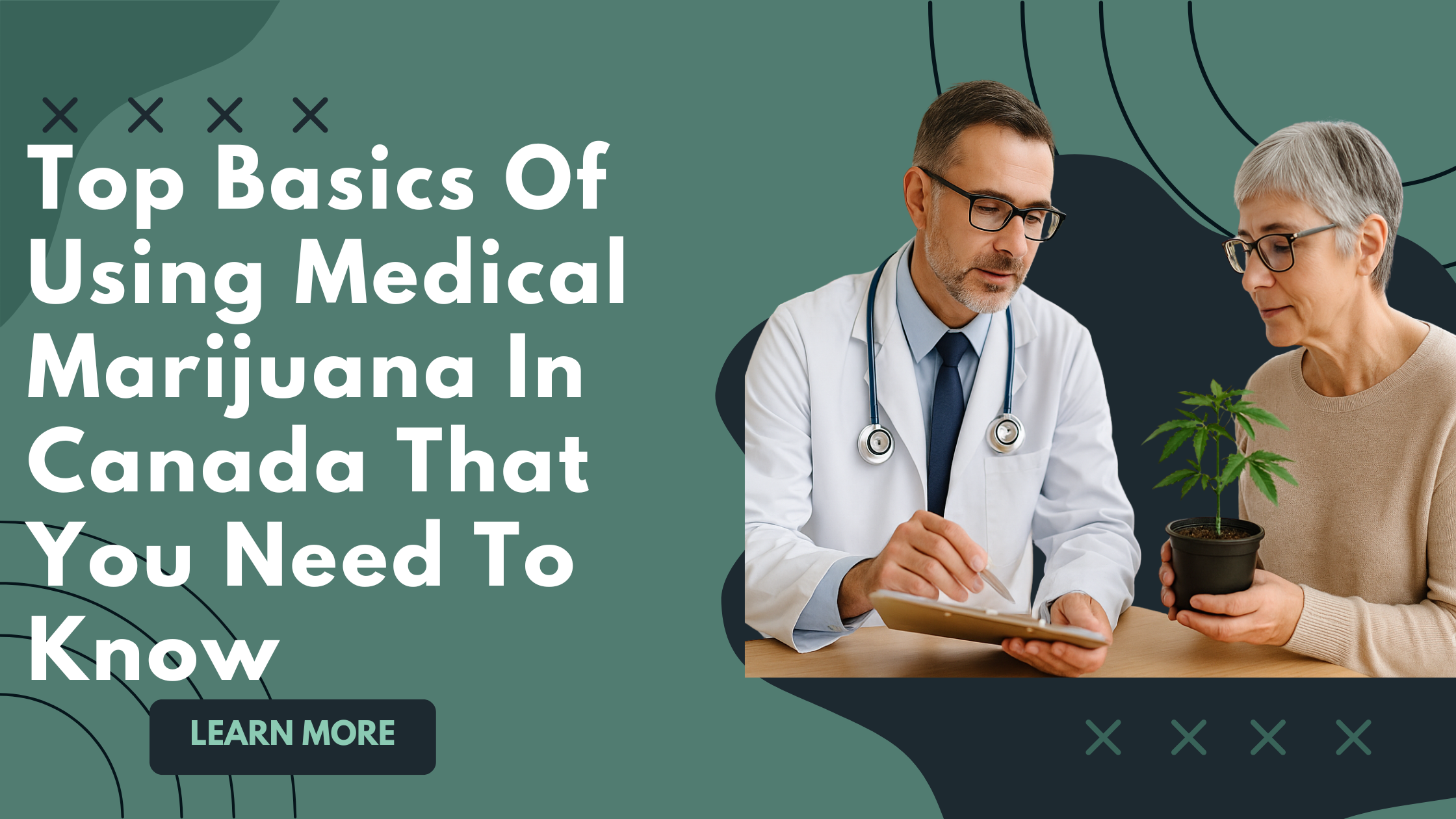
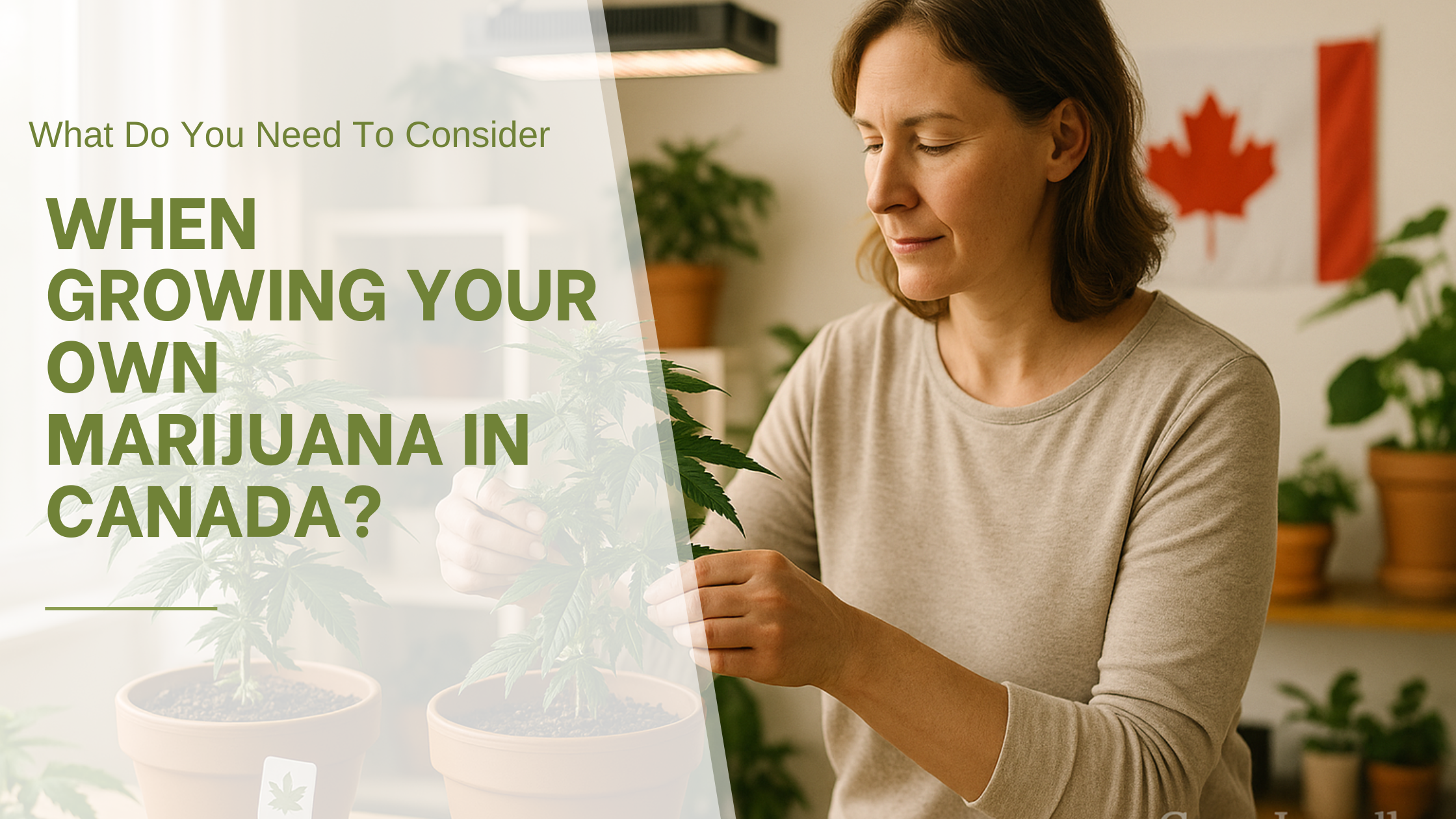


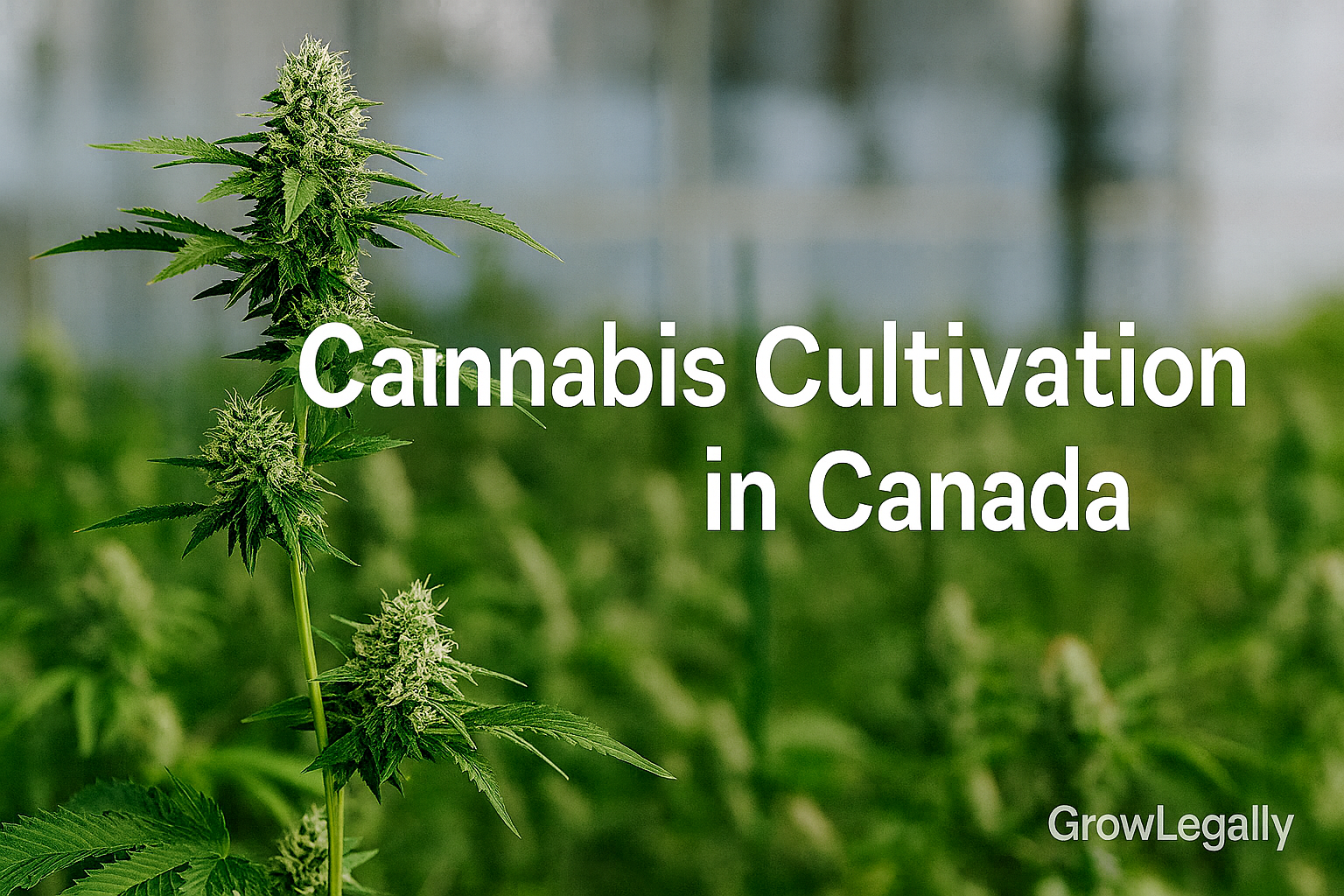
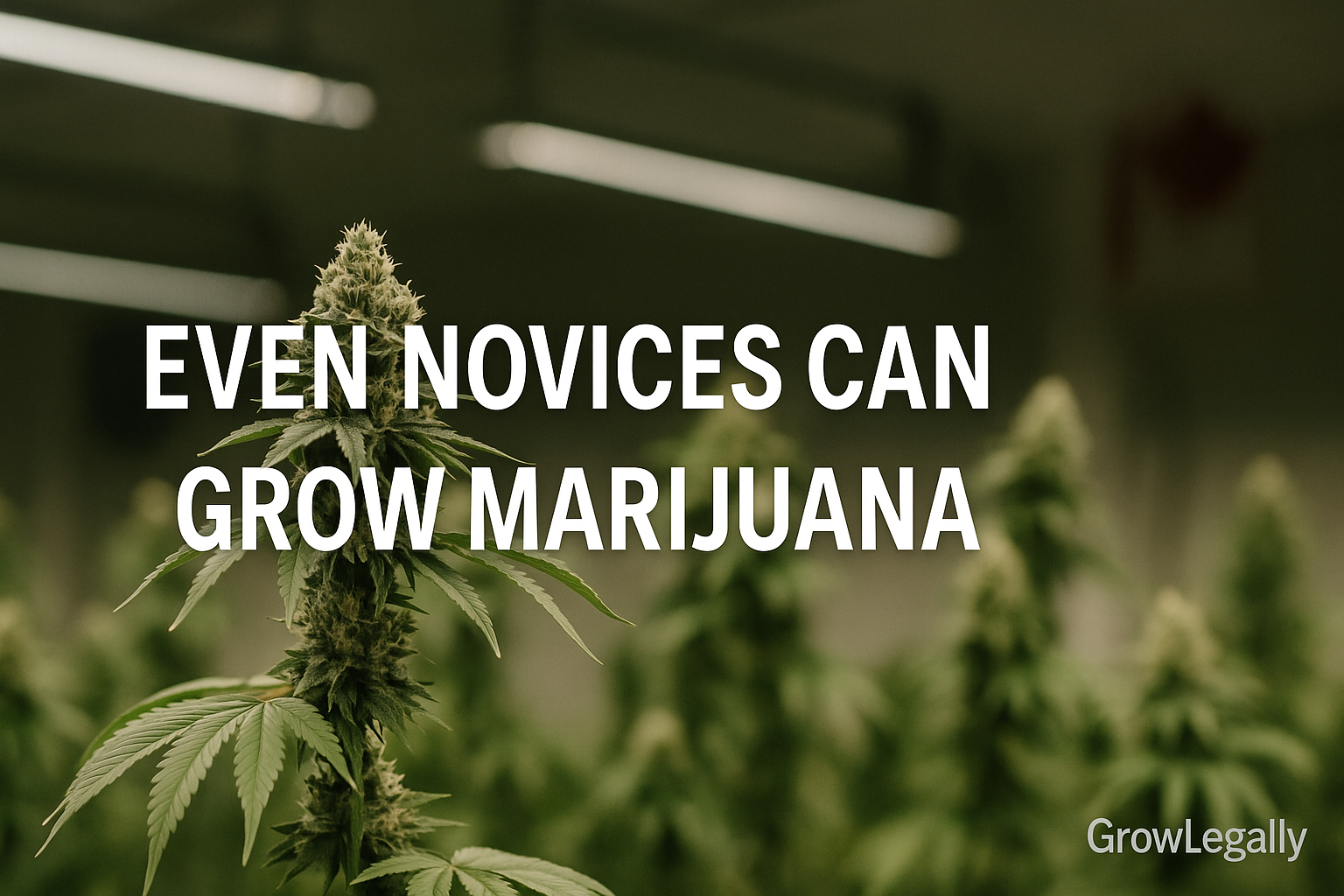


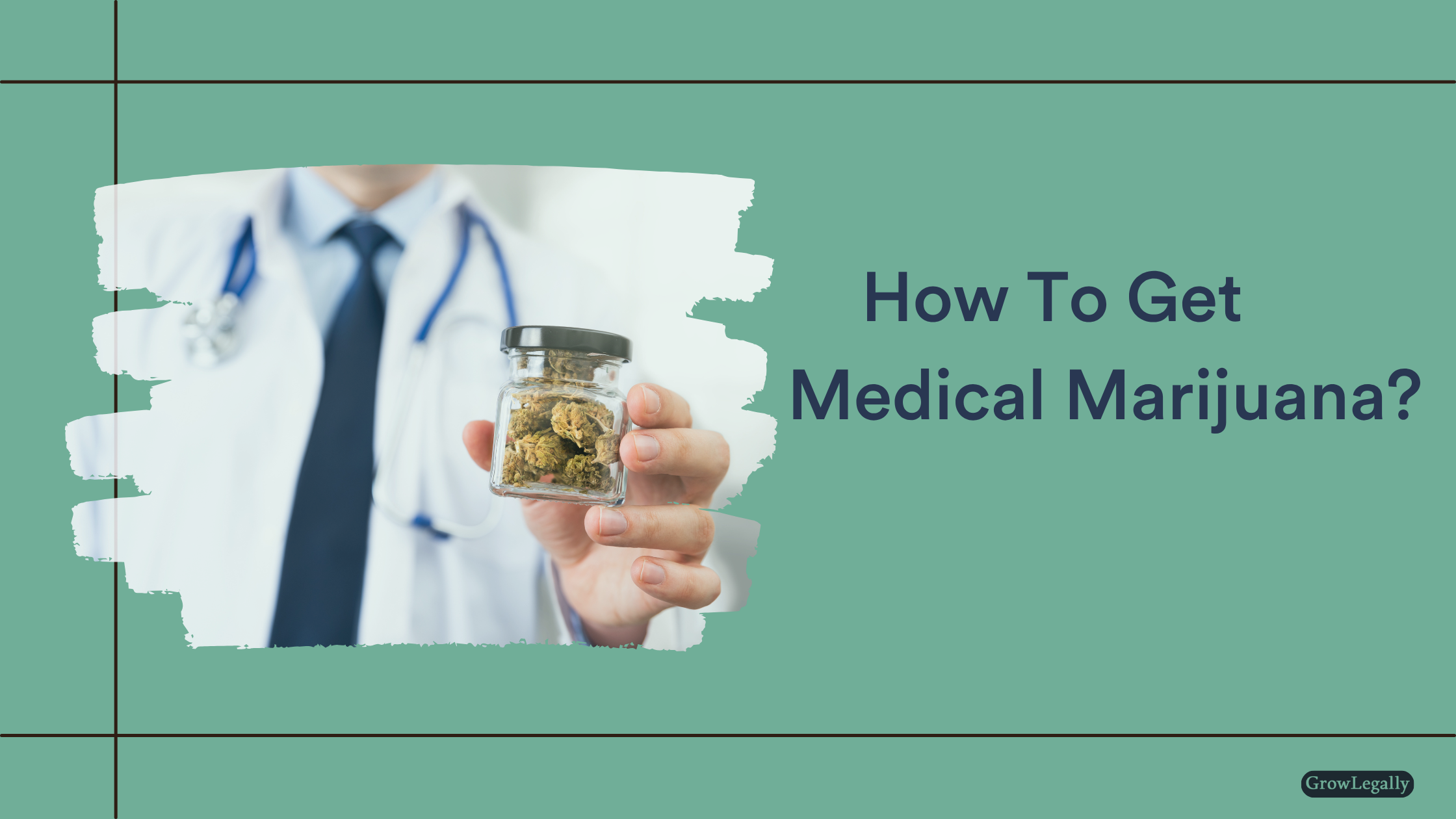

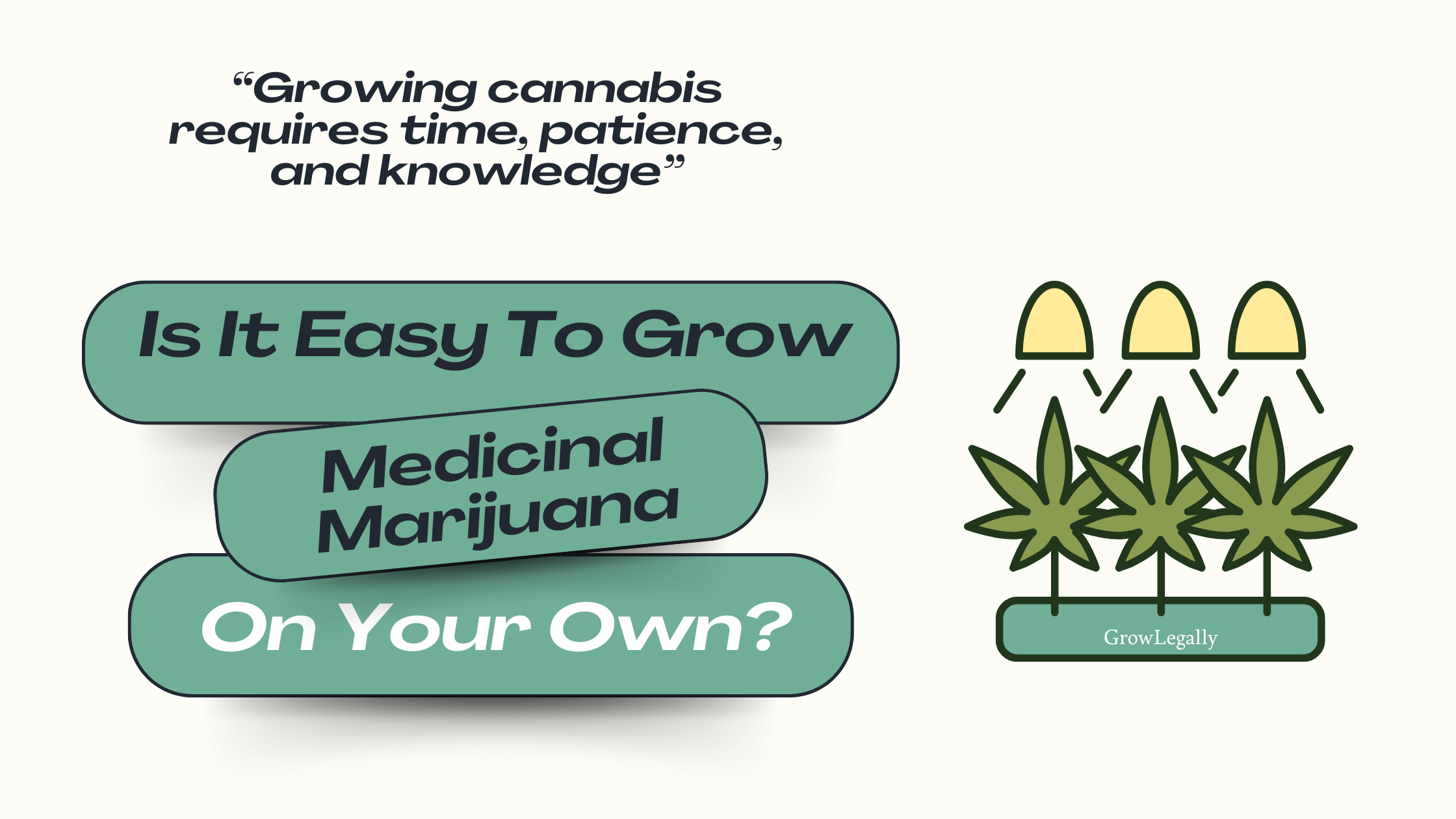
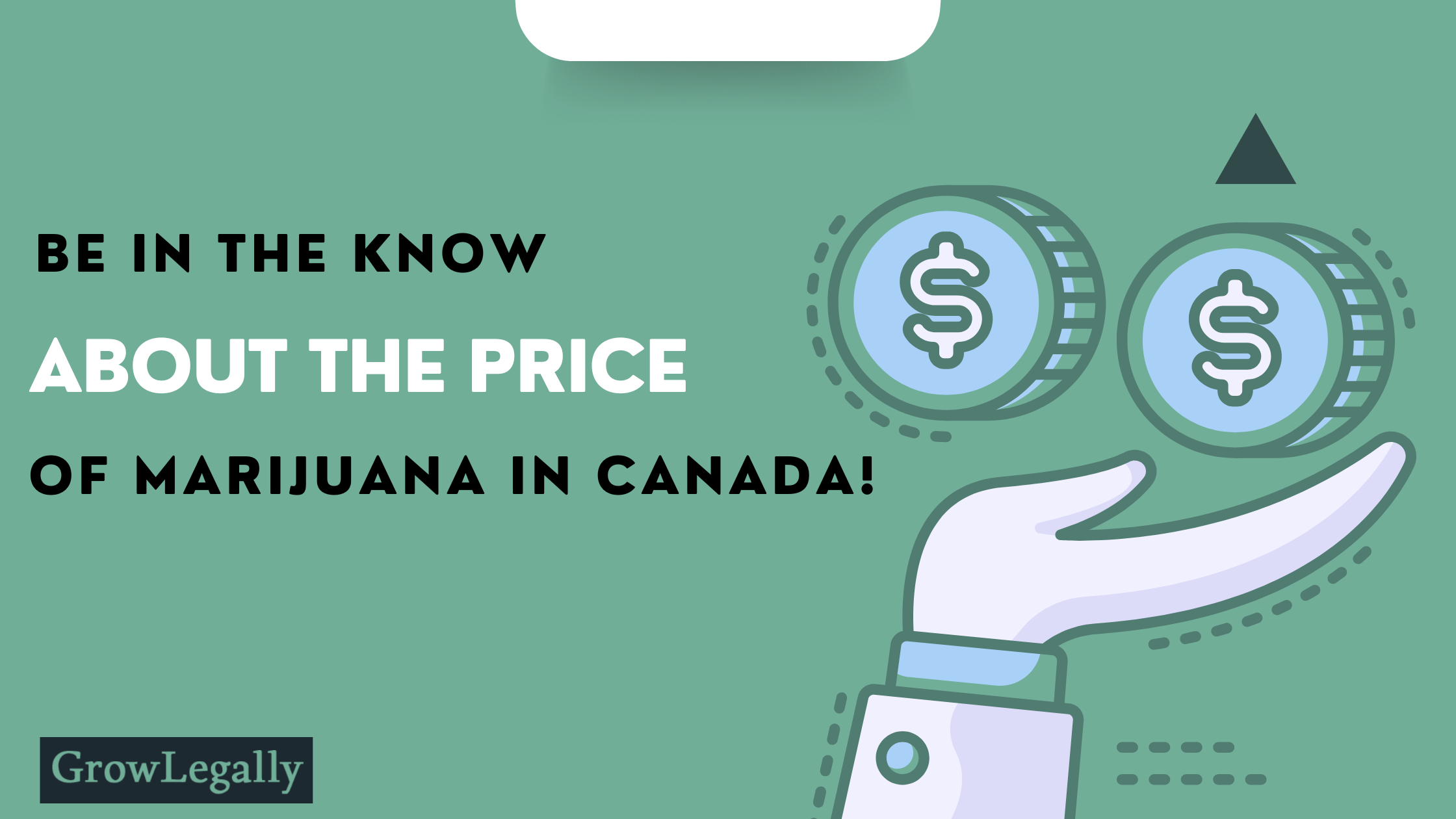





















.png)

















































.png)




























